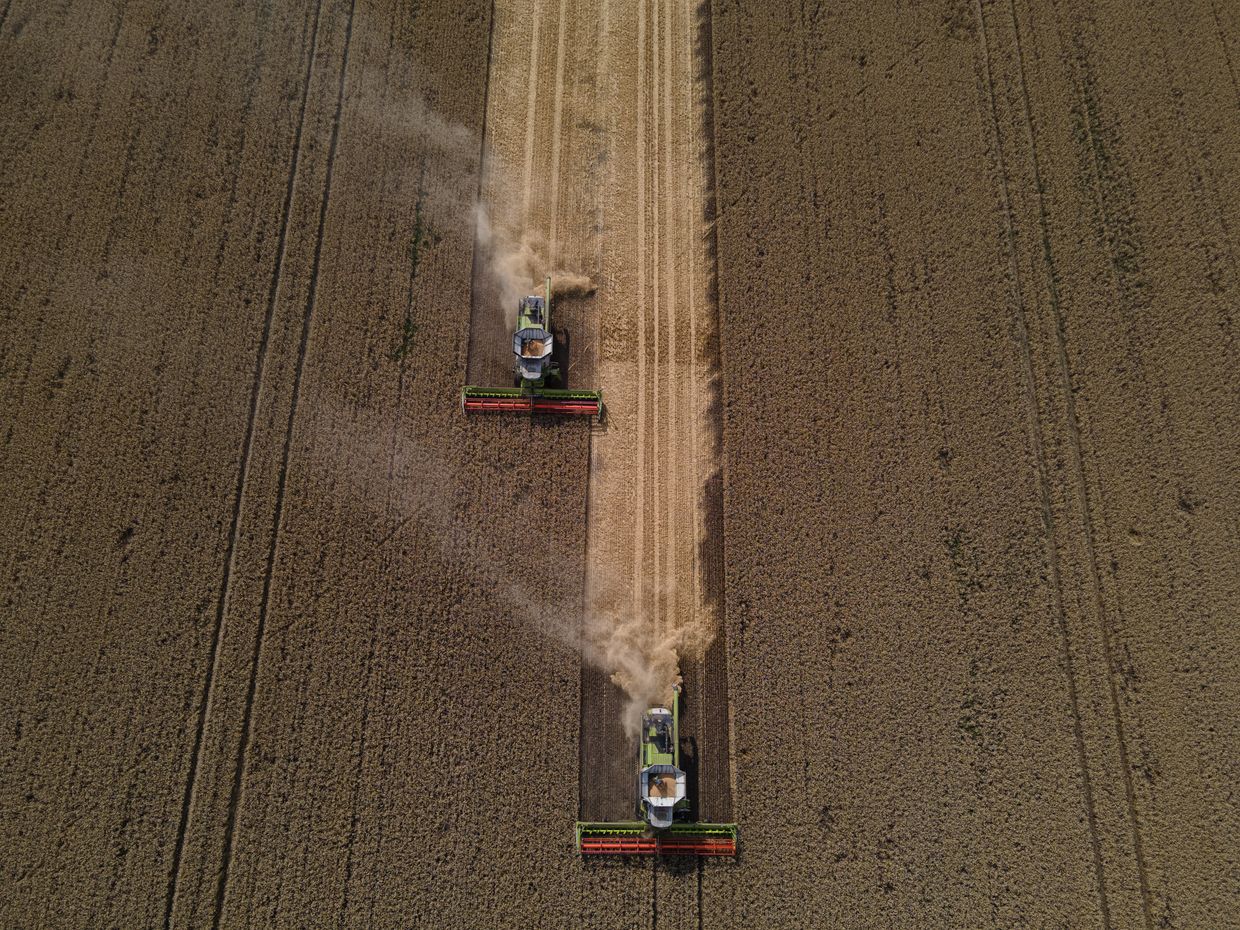EU approves higher tariffs on Russian, Belarusian grain

The EU Council on May 30 adopted a regulation to significantly increase tariffs on certain agricultural products from Russia and Belarus.
This follows a proposal by the European Commission from March 22, designed to cut down Moscow's profits and shield the EU market.
The measures aim to limit EU imports of cereals, oilseeds and derived products, beet-pulp pellets, and dried peas from the two countries. They will not extend to exports to third-party countries.
The regulation will impose a tariff of 95 euros ($103) per ton on corn and wheat, as opposed to zero tariffs imposed today, Business Insider reported in March. Oilseeds and derived products would be subject to an "ad valorem duty" of 50%.
It will enter into force on July 1.
"By imposing increased tariffs, we are taking decisive action to prevent our agricultural sector from being destabilized by Russian imports while protecting Ukrainian exports from being mislabelled as Russian," said Executive Vice-President and Commissioner for Trade Valdis Dombrovskis.
"We will maintain this support for as long as it takes. Our commitment to global food security also remains steadfast, ensuring that developing countries are not negatively affected by these measures."
Russia exported around $1.4 billion euros worth of grain products to the EU in 2023. European imports of grains, oil seeds, and their derivatives from Russia reached a record of 4 million metric tons in 2023, which is 1% of the total EU consumption, the Financial Times reported earlier this year.
Another professed goal of the measure is to prevent Russia from selling grain looted from Ukraine on foreign markets while presenting it as a Russian product.













